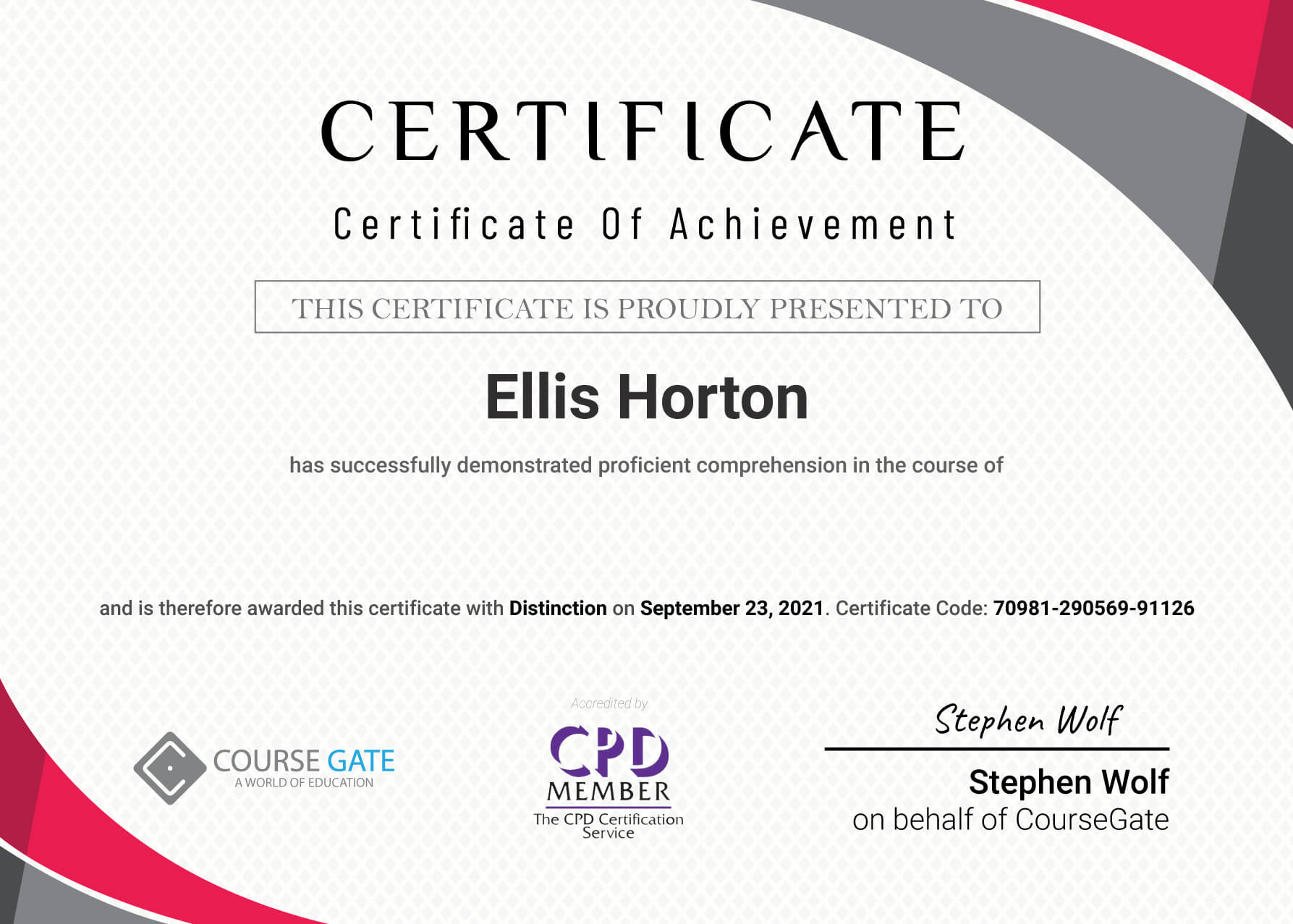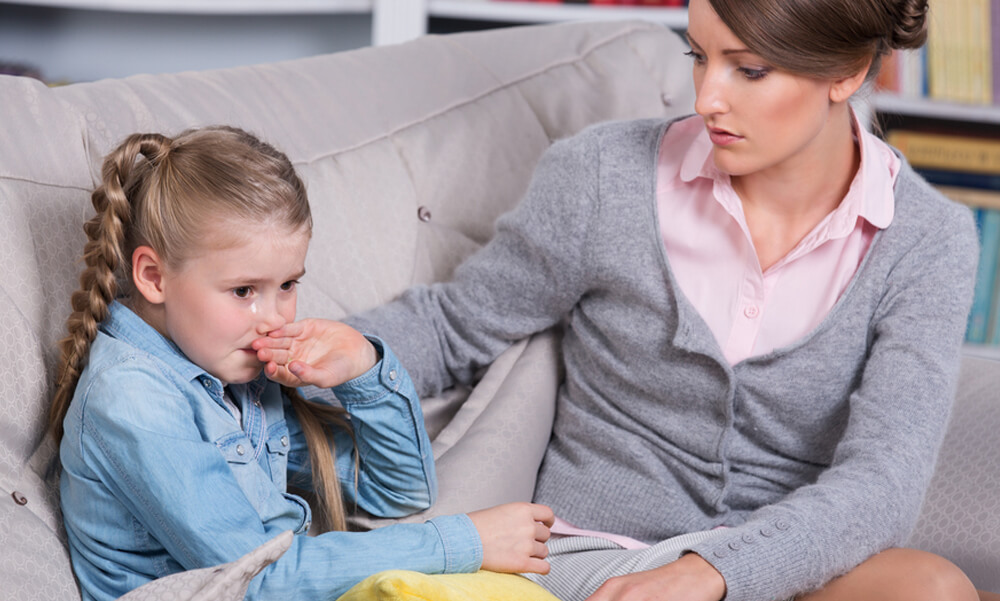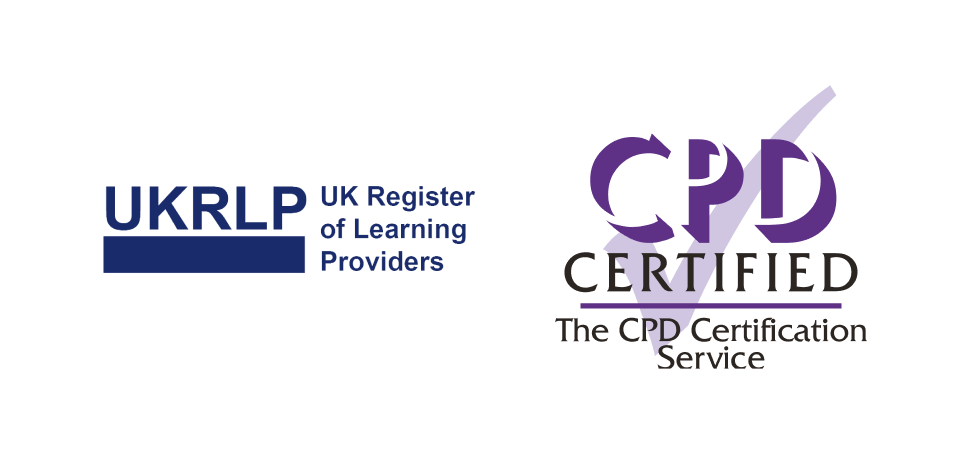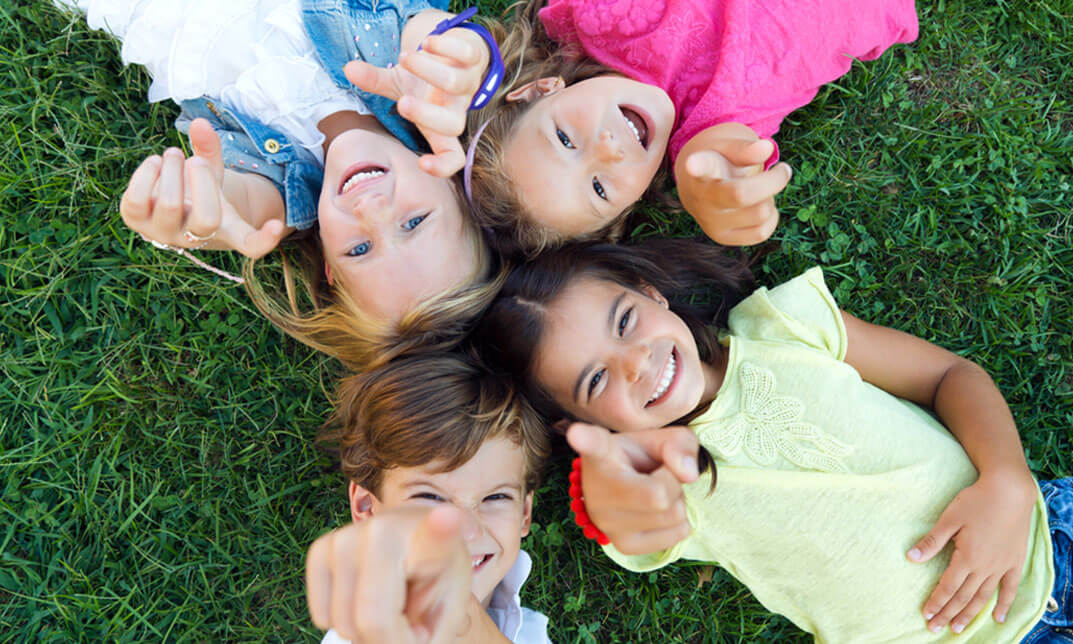Overview
The Child Psychology and Counselling course introduces you to the fundamentals of a child’s psychological development, relevant counselling skills and theories, as well as ways of developing positive coping strategies.
In this online child psychology training program, you will understand how to provide children with psychological support for a range of reasons such as anxiety and excessive worrying, behavioural concerns, sleep difficulties and low mood. The course also takes you through the tools and techniques to help children cope with challenges as they arise, both now and in the future.
Upon successful completion of this advanced child psychology and counselling course, you will be able to understand children’s developmental milestones and have developed your counselling skills to help and care for the well-being of children as well as adults.
Who is this Course for?
This Child Psychology and Counselling course is suitable for anyone who want to gain extensive knowledge, potential experience and professional skills in the related field.
Entry Requirement:
- This course is available to all learners, of all academic backgrounds.
- Learners should be aged 16 or over to undertake the qualification.
- Good understanding of English language, numeracy and ICT are required to attend this course.
Method of Assessment:
Upon completion of the course, you will be required to sit for an online multiple-choice quiz based assessment, which will determine whether you have passed the course (60% pass mark). The test will be marked immediately and results will be published instantly.
CPD Certificate from Course Gate
At the successful completion of the course, you can obtain your CPD certificate from us. You can order the PDF certificate for £9 and the hard copy for £15. Also, you can order both PDF and hardcopy certificates for £22.
Course Curriculum
| Module 01: Basics of Child Psychology | |||
| What is Child Psychology? | 00:20:00 | ||
| Defining Children and Childhood | 00:30:00 | ||
| Module 02: Child Development Theories | |||
| Personality (Psychosocial) Development Theories | 00:20:00 | ||
| Growth & Development Theories | 00:15:00 | ||
| Cognitive (Intellectual) Development Theories | 00:30:00 | ||
| Social Learning Theories | 00:30:00 | ||
| Moral Reasoning Theories | 00:30:00 | ||
| Module 03: Factors That Influence Development | |||
| Genetic Influences in Development | 00:30:00 | ||
| Influence of Attachment | 00:20:00 | ||
| Influence of Gender | 00:30:00 | ||
| Nutrition and Child Development | 00:45:00 | ||
| Module 04: Different Types of Child Development | |||
| Physical Development | 00:20:00 | ||
| Cognitive Development | 00:30:00 | ||
| Social and Emotional Development | 00:30:00 | ||
| Moral and Ethical Development | 00:15:00 | ||
| Module 05: Communication and Language Development | |||
| Promoting Communication Development | 00:20:00 | ||
| The Development of Language | 00:10:00 | ||
| Module 06: Difficulties, Disabilities and Disorders | |||
| Difficulties in language development | 00:05:00 | ||
| Learning Disability | 00:20:00 | ||
| Behavioural Disorders | 00:10:00 | ||
| Phases of Grief | 00:10:00 | ||
| Module 07: Caring Children With Special Needs | |||
| Caring for Children with Feeding and Communication Differences | 00:10:00 | ||
| Caring for Children with Mobility Differences | 00:05:00 | ||
| Caring for The Child with Special Social and Emotional Needs | 00:10:00 | ||
| How to Care for Children with Complex Needs? | 00:10:00 | ||
| Module 08: Understanding the Role of a Child Psychologist | |||
| High Intelligence & School Psychology | 00:05:00 | ||
| Roles and Responsibilities of an Educational Psychologist | 00:05:00 | ||
| Module 09: Self Esteem & Confidence | |||
| Why self-esteem matters and How to Nurture it? | 00:05:00 | ||
| Confidence | 00:05:00 | ||
| Module 10: Child Psychology - Applied | |||
| What is ‘Child Psychology’? | 00:08:00 | ||
| The Role of Child Psychologist | 00:06:00 | ||
| Where do Child Psychologists Work | 00:07:00 | ||
| Module 11: Child Psychology - Theoretical Approach | |||
| Why do we need to learn theories? | 00:08:00 | ||
| Developmental Theories: What we are born with | 00:09:00 | ||
| Development Environment | 00:09:00 | ||
| Module 12: Environmental & Socio-Cultural and Family & Schooling Factors in Development | |||
| ‘Attachment’ factor in newborns | 00:09:00 | ||
| Socio-Cultural Factors in Child’s Development | 00:08:00 | ||
| Module 13: Cognitive and Emotional Development | |||
| Language & Cognitive Development | 00:07:00 | ||
| Emotions & Feelings | 00:06:00 | ||
| Socialising with others | 00:04:00 | ||
| Thank You and Good Bye! | 00:02:00 | ||
| Module 14: Babies from Birth to One Year | |||
| About the Course and your Tutor | FREE | 00:02:00 | |
| The Importance of Bonding | 00:08:00 | ||
| The Social and Emotional development: from birth to 1 yr | 00:06:00 | ||
| The Innate Reflexes of Newborn Babies | 00:07:00 | ||
| The Benefits of Testing at ‘Milestones’ | 00:07:00 | ||
| Module 15: Stages and Sequences of Social and Emotional Development | |||
| The Importance of Social and Emotional Development | 00:06:00 | ||
| The Ages and Stages that Children go through | 00:12:00 | ||
| The Main theories in Developmental Psychology | 00:07:00 | ||
| The Importance of Positive Role Models | 00:07:00 | ||
| The Barriers to Achieving the ‘Milestones’ | 00:07:00 | ||
| The Importance of Unconditional Love | 00:06:00 | ||
| Module 16: Language and Linguistic Skills Development | |||
| Forms of communication | 00:05:00 | ||
| What is ‘Pre-linguistic’ form of communication | 00:05:00 | ||
| The Active and the Passive Communication | 00:06:00 | ||
| The Importance of Opportunities in Development of the Skills | 00:05:00 | ||
| The Importance of Body Language | 00:06:00 | ||
| Mock Exam | |||
| Mock Exam – Child Psychology and Counselling | 00:20:00 | ||
| Final Exam | |||
| Final Exam – Child Psychology and Counselling | 00:20:00 | ||
| Certificate and Transcript | |||
| Order Your Certificates or Transcripts | 00:00:00 | ||

Course Reviews
No Reviews found for this course.



 Gift this course
Gift this course













